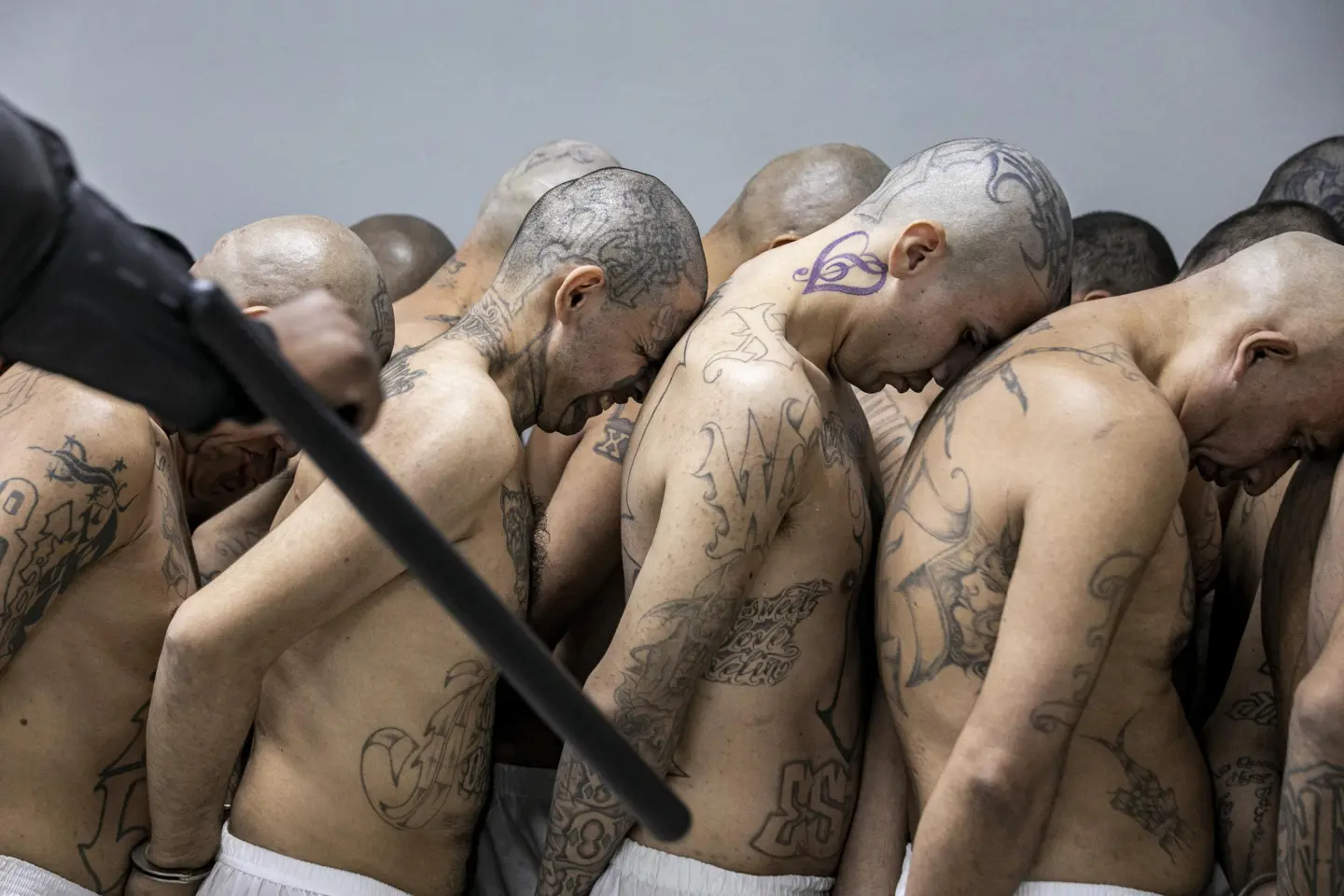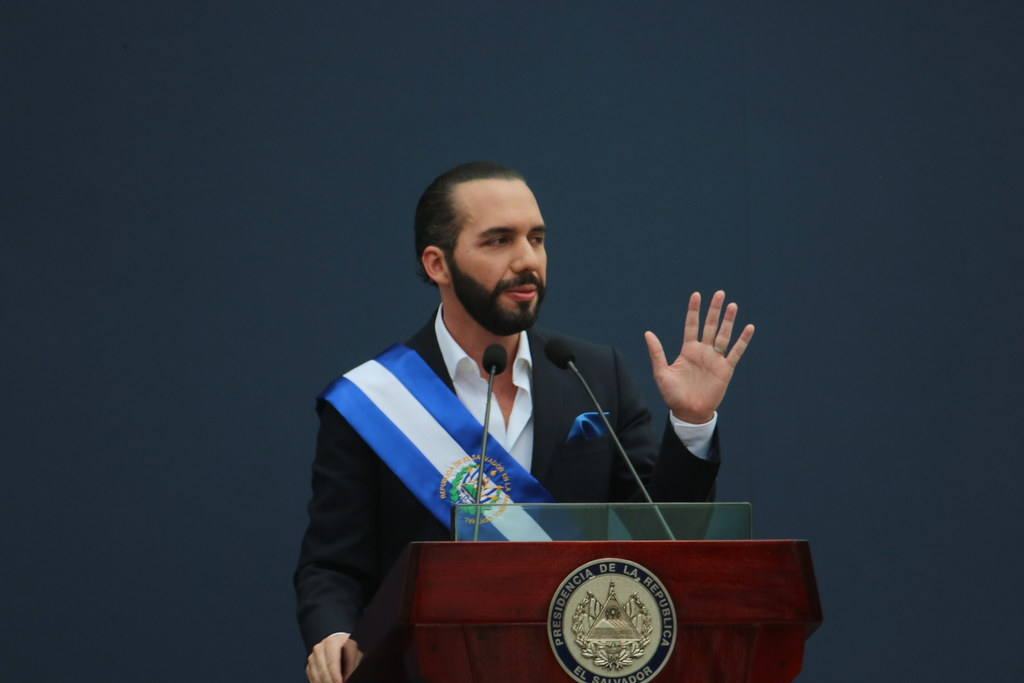SAN SALVADOR (World Report Studio News) - The electoral tribunal of El Salvador approved the current President Nayib Bukele’s reelection bid on November 11th, 2023 as he seeks his second term to extend his office to at least 2029 if reelected. Four members of the tribunal voted in favor of Bukele’s re-election bid, with a single member abstaining from the vote.
The tribunal also voted unanimously in favor of the candidacy for the opposition party, the Farabundo Martí National Liberation Front (FMLN) - which was formed in 1980 to represent the country's five main leftist guerrilla organizations.
The decision was reached just one week after the populist El Salvadorian President registered with the young Nuevas Ideas party, founded just six years ago. Under the constitution of El Salvador, candidates are limited to only one term in office.
Bukele took to X, formerly known as Twitter, to celebrate the decision publicly with his followers
¡Legalmente inscritos!
Y sin votos en contra 😯
¡Dios con nosotros! 🇸🇻 https://t.co/BMqCk9c8f8— Nayib Bukele (@nayibbukele) November 3, 2023
This revelation comes at a time when many observers are concerned about the state of democracy in the country. In 2021, despite the constitutional prohibition against candidates running if they have served more than six months in the presidency, the country’s Supreme Court of Justice issued a ruling allowing presidents to run for consecutive reelection. The court determined that the decision to reelect a candidate should be made by the population at the ballot box rather than by constitutional mandate.
All five magistrates of the Constitutional Court and the attorney general were replaced by the Nuevas Ideas Party-dominated National Assembly on May 1, 2021, in what many refer to as a “technical coup,” as it occurred on the same day the party assumed power within the legislature.
Democratic Governance Under Scrutiny
This was only one of several constitutionally questionable moves Bukele’s government has enacted since taking office.
Just four months after the aforementioned judicial reshuffling, the government passed a series of laws that dismissed 156 prosecutors and judges over the age of 60 or who had served for more than 30 years. This affected judges working on highly sensitive cases, including Judge Jorge Guzmán, who has presided over the El Mozote massacre case for many years.
Additionally, the Bukele government has been accused of continuously abusing a 30-day state of emergency declared in March 2022 in response to a spate of killings that left 80 dead, allegedly at the hands of gangs. During the state of emergency, the National Assembly approved an additional $80 million for security spending and fast-tracked the approval of new penal codes to address gang-related crimes. This state of emergency has since been extended and remains in effect a year and a half later.
Human Rights Watch groups have also been critical of mass arrests and arbitrary detentions without any constitutional guarantees, including due process. Since taking power, Bukele’s government is said to have arrested 72,000 people for gang affiliations, leading to overcrowding in the country's already over-capacitated prisons.

Many have pointed out that his strategy may have worked. El Salvador, which once had the world's highest rate of homicide at 36 per 100,000 people in 2019, saw a drop to less than half of that in 2021, at 17.6 per 100,000 people.
However, following an investigation by the U.S. Department of the Treasury, this drop may have largely been in response to financial incentives provided by Bukele to the infamous MS-13 and 18th Street Gang (Barrio 18) in return for keeping the peace. Sanctions were issued against two Salvadoran officials in December 2021 following this discovery.
What's Next for El Salvadors Elections?
Despite signs of democratic backsliding, Bukele remains largely popular among his constituents. The most recent polling by the El Centro de Estudios Ciudadanos de la Universidad Francisco Gavidia (CEC-UFG) suggests that the current President would receive 68.4% of the vote in the upcoming elections. This seems unlikely to change in the coming months.

 Gabriel Madej
Gabriel Madej